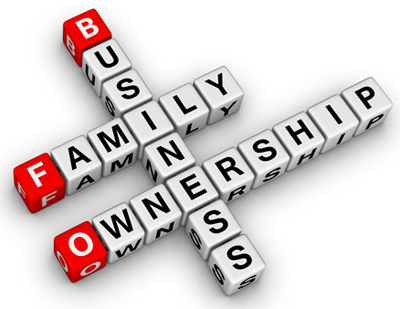Inc.com | by Bo Burlingham | 2/1/2010
When Nick Sarillo launched his pizza business, he had one goal in mind: to create a corporate culture unlike any he had seen.
It’s Takeout Tuesday at Nick’s Pizza & Pub, and the air is thick with the smells of hot pizza crust, peppers, onions, and cheese. Eighteen young men and women — most of them high school age — form an assembly line between a row of worktables and a long bank of pizza ovens. The kids laugh and shout, even as they focus intently on their tasks.
Nick Sarillo, 47, stands halfway down the assembly line, holding a giant wooden pizza board. As the company’s founder and CEO, he doesn’t usually work the pizza line anymore. [Read more…]

 by C. Caspar, A. Dias, H. Elstrodt
by C. Caspar, A. Dias, H. Elstrodt